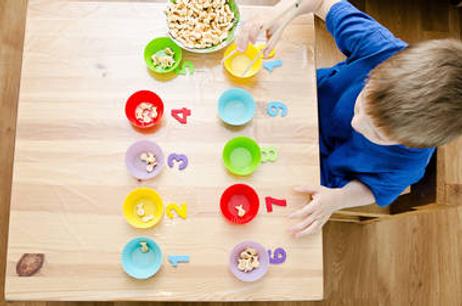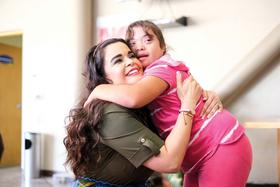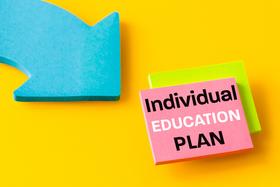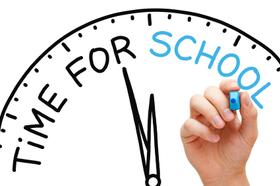While final exams once seemed to be an unpleasant rite of passage for high school students, they are now common forms of assessment for almost every grade level! With the rise of standardized testing in the attempt to make all schools equal, most elementary, middle, and high school students are required to complete an array of final exams during their twelve years in public schools.
While many children and teens manage the stress of finals through their own strategies and tactics, some students need a bit more support. Finals can provoke stress and text anxiety and spike student mood and behavior issues. If problematic behaviors or signs of anxiety arise, parents can easily intervene to help provide their son or daughter with positive encouragement and test preparation support.
Elementary Final Exams
While many elementary schools often require students to take a final exam at the end of the semester or school year, many of these final exams do not actually impact a child鈥檚 grade; therefore, final exams at the elementary level should not be over-stressed or too greatly emphasized.
Final exams at the elementary level tend to be standardized tests that are developed by curriculum experts, and they are normally given in order to assess the teacher鈥檚 progress and the average student performance rate, in addition to providing test result information that can determine whether or not a specific student needs serious intervention strategies.
As The Elementary Standardized Test

































